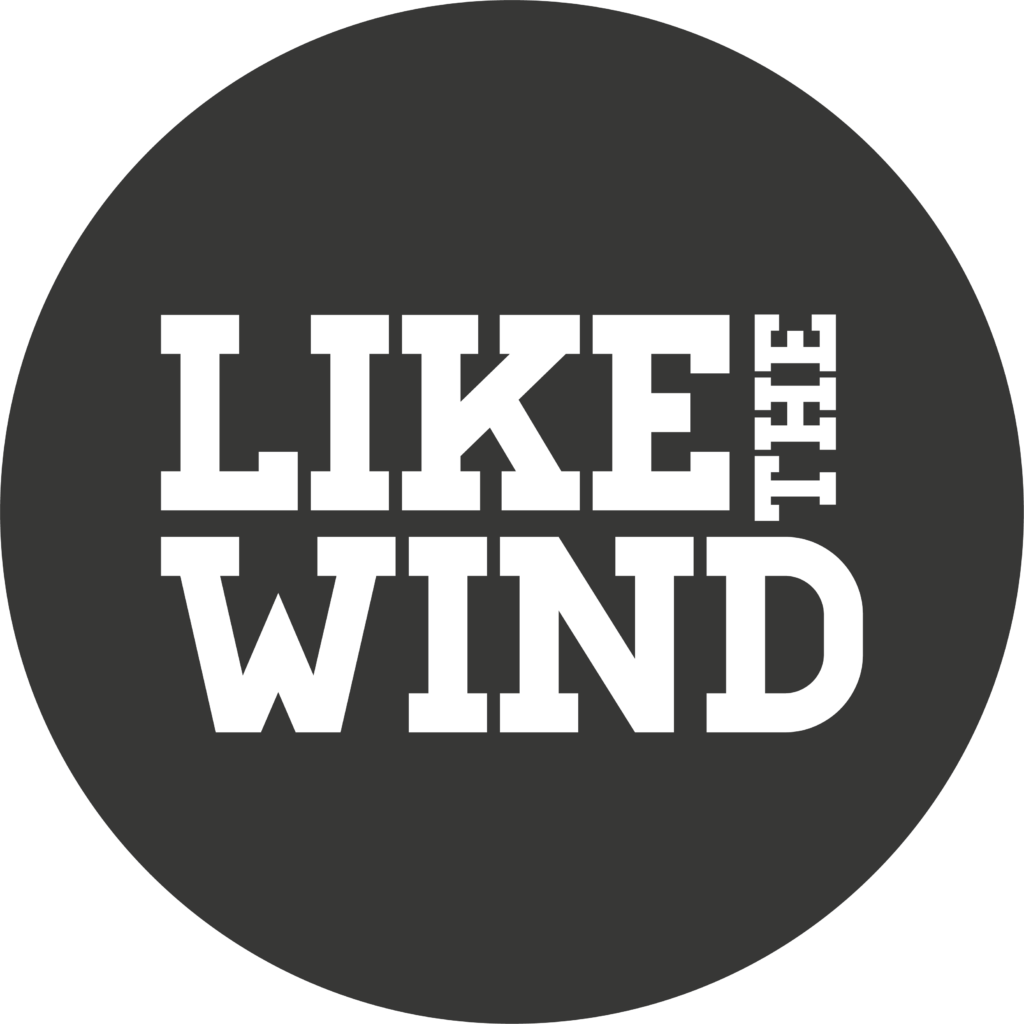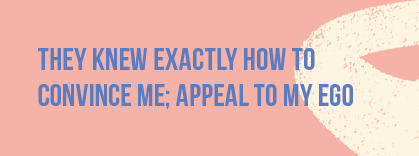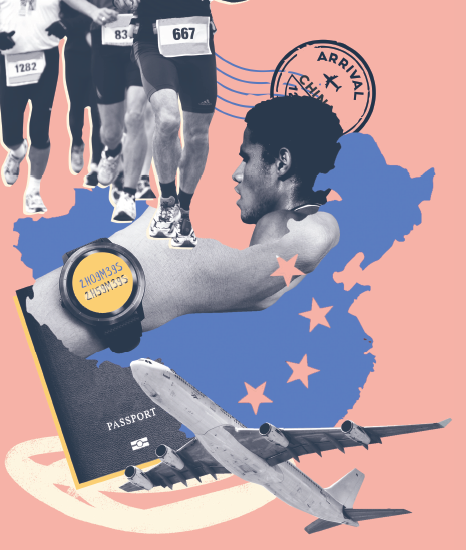Only the most talented runners receive star treatment. But what if, by some quirk of fate, it actually happened to you? It did to one runner. Words by Marcus Ryder
I love reading Like the Wind. Writing a piece in the magazine is a real honour because I see all of us reading Like the Wind as being part of a special community. I know I am talking to fellow runners, people like me who have been bitten by the running bug and, while we love it on a physical level, we also know there is so much more to the sport than simply putting one foot in front of the other and trying to get from point A to point B as fast as our bodies will allow us.
However, if we are a community, I also suspect that the vast majority of us are not Olympians; we are not the super-humans we see on television competing in championships. We are not elite athletes.
But what if you could experience being an elite athlete? What if you were let into the inner circle and could find out what it’s like to breathe the rare air of world champions? What if you could be an Olympian?
That is what happened to me. I became an elite marathon runner… for one race.
First, some background. There is a revolution taking place in China. The country is undergoing massive developments, faster and deeper than any other country has in history. Almost every aspect of China has seen radical change over the past 40 years from massive reductions in poverty to the largest middle class in the world.
In the past five years, running in China has exploded.
It is hard to get official numbers, but it is estimated that China hosted more than 120 marathons in 2017, 20 times the number of just five years ago – and that number keeps growing.
One more fact you need to know in order to understand how I became an elite athlete for one race. China has 102 cities with populations of more than a million, most of which you have probably never heard of, but they all have ambitions to be famous and stand out from the crowd.
Many of these massive unknown cities think a massive city marathon may be the secret to achieving fame and global recognition.
So here is my story.
I moved to Beijing from Glasgow in 2015 and immediately joined several WeChat (the equivalent of Facebook) running groups. It was through one of these groups that I was contacted by a stranger asking if I wanted to run in a marathon about 700 miles south-west of Beijing.
At first I politely declined. But the person persisted. They would pay for my flight, they would pay for my hotel for two nights and pay for my meals.
I was sceptical; I thought this must be some kind of scam. I couldn’t figure out what kind of scam – in which someone was throwing money at me, paying for my flight and hotel and entering me into a marathon for free. But this sort of thing just doesn’t happen to average runners like me.
I was still reticent… but my online contact knew exactly how to convince me: appeal to my ego and to an ambition I have harboured since childhood. “We have five Ethiopians and three Kenyans; we have a national champion coming from Hong Kong,” they said. “You will be one of the top elite athletes.”
The last nine words of that WeChat message sealed the deal. I would be an elite athlete. Never mind that the best marathon time I have ever run is 2h59m39s seconds – a respectable time for an amateur runner in his forties – but hardly the figures of an elite athlete.
And so, without ever meeting my online contact, I was sent the details of my plane ticket and a few weeks later, I was flying – as an elite athlete – to run in a Chinese city I had never heard of.
When I landed I received the full red-carpet treatment: I was met by someone holding a board with my name on it. I skipped the long taxi queue at the airport and was ushered into the back of a beautiful chauffeur-driven luxury car, all the time being told by the young guy who picked me up what a “great honour” it was to meet such an “amazing runner” like me.
We got to the hotel and I was handed my “elite” marathon package. My running number, of course, but also shorts, vest and socks from the clothing sponsor. No waiting in line to register for a bib for me. And the most important thing in the package – an ID card with my name on it and, emblazoned underneath: “ELITE ATHLETE.”
At dinner in the hotel I met my fellow elite athletes from around the world. The only difference between us was that they were obviously amazing runners. Sitting with them I had never felt fatter. Their bodies looked sculpted to run the perfect marathon, while mine looked more sculpted to sit perfectly in an office chair from nine to five and order an almond croissant with my latte every morning.
But reality was no obstacle for my delusional ego to go into overdrive. I was now officially an “elite athlete” and I traded running stories with my fellow internationals who had won national championship races or were regularly placed in international big city marathons.
I told them that you have to be careful not to go off too quickly in the London Marathon as the first part is downhill and you have to avoid the temptation. And how Heartbreak Hill in Boston really isn’t as bad as people make out. Yup – I was completely believing my own hype. I dread to think now what these professional runners must have thought of this interloper in their midst.
While I was hanging with my fellow elites, one of the race organisers sidled up to me to make sure I had brought my Jamaican passport, not just my British one. I was told later that this one document was the real reason I was receiving the special treatment.
In an attempt to stand out from the crowd, Chinese cities want their marathons to have two things: amazing runners who might be able to break a national record or two and runners from as many different countries as possible so they can say they are truly international. I fell firmly fell into the second category. They already had a British runner competing so my Jamaican passport was worth its weight in gold.
The next morning was marathon day and my experience of being an “elite athlete” went to another level.
All the elites were picked up by a minibus at the front of the hotel and ferried to the start. There was no being corralled and crushed into the middle of a pen full of fellow runners, which is my usual marathon experience. We were at the very front, our feet toeing the start line. Photographers took pictures of us as we got ready to race and a cameraman filmed us as we were individually announced to the spectators. I waved excitedly. No one could tell me I didn’t deserve to be alongside these super-human runners. And then my fantasy of being an elite athlete all came crashing down.
The race started.
I was able to keep up with my fellow elites for three, maybe four strides, and then I saw them sprint off into the distance as I settled down into my very average running pace. Further humiliation ensued when I got to the part of the race where the course doubles back on itself and the same runners I had been advising about the London and Boston Marathons came sprinting past me, a full couple of miles ahead.
I finished the marathon in just over three hours.
The Kenyans and Ethiopians finished just less than an hour faster.
On my flight back home to Beijing I reflected. I might not ever be an elite athlete, but running has given me experiences I never thought possible or dreamed of. It has taken me to parts of the world I didn’t even know existed and I’ve learned things about myself along the way. Despite the humiliation it was totally worthwhile.
Since my “elite run” I have run several more marathons and half-marathons in China. Some the organisers have paid for me, others I have paid for myself. China has some amazing marathons, from trails to big city events and I would recommend any runner to make sure it is on your bucket list of destinations. You never know; you might end up getting the elite experience too.
Words by Marcus Ryder is a proud Londoner with Jamaican heritage, living in China, running all over the world.
Illustrations by Natasha Smith is a photomontage artist from Lincoln. She uses copyright-safe archives and free stock images before chopping them, changing them, and adding digital flourishes.
If you’ve enjoyed this story, please consider a Like the Wind subscription
We’re publishing some of our favourites stories here on the blog to help lift runners’ spirits.




